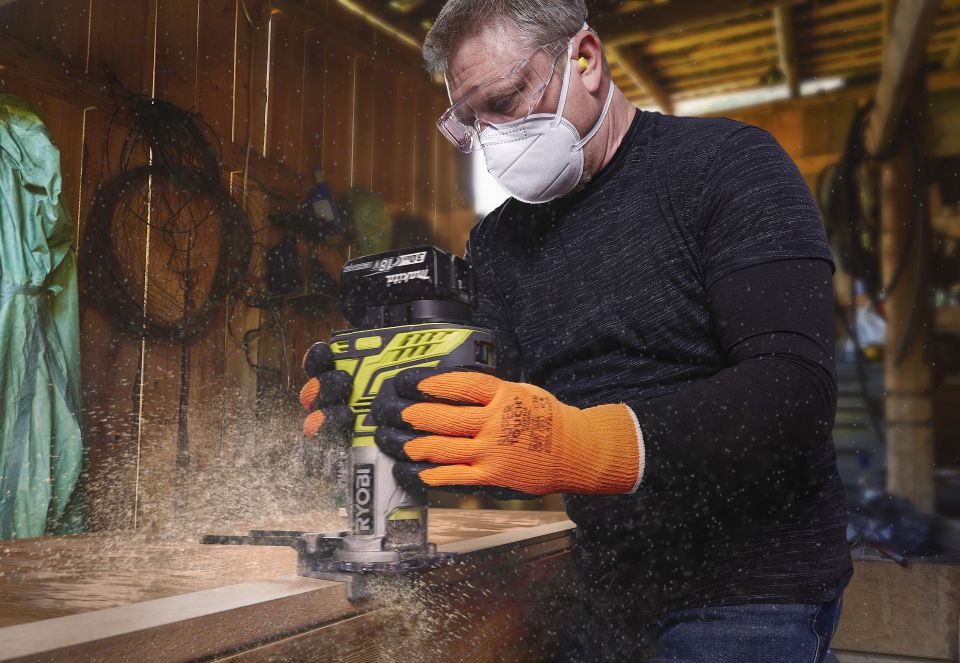YOUR CART
- No products in the cart.
Subtotal:
£0.00
BEST SELLING PRODUCTS
Free delivery on all orders to Mainland UK

Whether you are a DIY hobbyist or a skilled tradesperson, power tool safety should be a top priority before starting any job.
According to House Grail (citing Injury Claim Coach), there are around 960,000 injuries per year caused by power tools, with more injuries occurring in non-occupational settings than in work environments.
Without adequate training or proper knowledge of all the tools at your disposal, things can go wrong very quickly.
So it’s important to educate yourself in order to avoid any serious injuries when using power tools. Below are the main dangers we believe you should be looking out for when working with power tools.
Before you even think about plugging in a tool or putting a battery in, you should inspect your tools for any faults. Your checks should include:
You can always refer to your user manual if you are unsure about the condition of a tool. Once you’re satisfied with the condition of the tool, you can then plug it in or attach the required battery.
Power tool safety isn’t always about the tool. You need to make sure that you are well protected, too.
No matter what tool you are using, it’s good practice to wear safety glasses, protective gloves, and safety shoes. Other tools may require you to wear a face mask, ear defenders, or even a hard hat.
It’s also a good idea to make sure that any clothing you’re wearing is tight-fitting and doesn’t have any loose areas. Baggy clothing can easily get caught in rotary or cutting tools. Not only will this ruin the clothing, but potentially jam tools as well.
We’re not suggesting that anyone is going to be using a drill as a hammer. However, the correct tool for your application will go a long way to maximising efficiency and reducing the chance of injury.
If you’re using a powered saw for example, is it the right saw for the material you’re cutting? Not all saws are designed to cut through metal, so you could end up shattering blades or sending sharp debris everywhere.
Another common mistake less experienced DIYers make is using a drill to drive in screws. Although most drills can do this, they are not always powerful enough and you could end up burning out the internal motor and potentially causing a fire.
You may have checked everything and think you’re good to start working, but if you’re not fully awake or healthy, accidents are bound to happen.
Never start working if you are feeling unwell or tired. At the same time, make sure you are free from any distractions when you are working. Any drop in concentration levels could mean serious injury, so make sure you’re in the right frame of mind before you begin.
Do you have any other advice that you would give to someone just getting into DIY? Leave a comment below.
If you find yourself using cordless power tools from different manufacturers, why not think about investing in a Badaptor? A Badaptor will convert your 18V battery from DeWalt, Makita, Milwaukee, Bosch Professional, Ridgid, or AEG to work with the entire range of Ryobi One+ tools.
With over 150 tools in the Ryobi One+ range, a Badaptor could open up your tool collection, without the need to spend extra money on a new battery system.
Visit badaptor.com to view our full range and get yours today.
Sign up for our newsletter to receive product news.
Leave a Reply